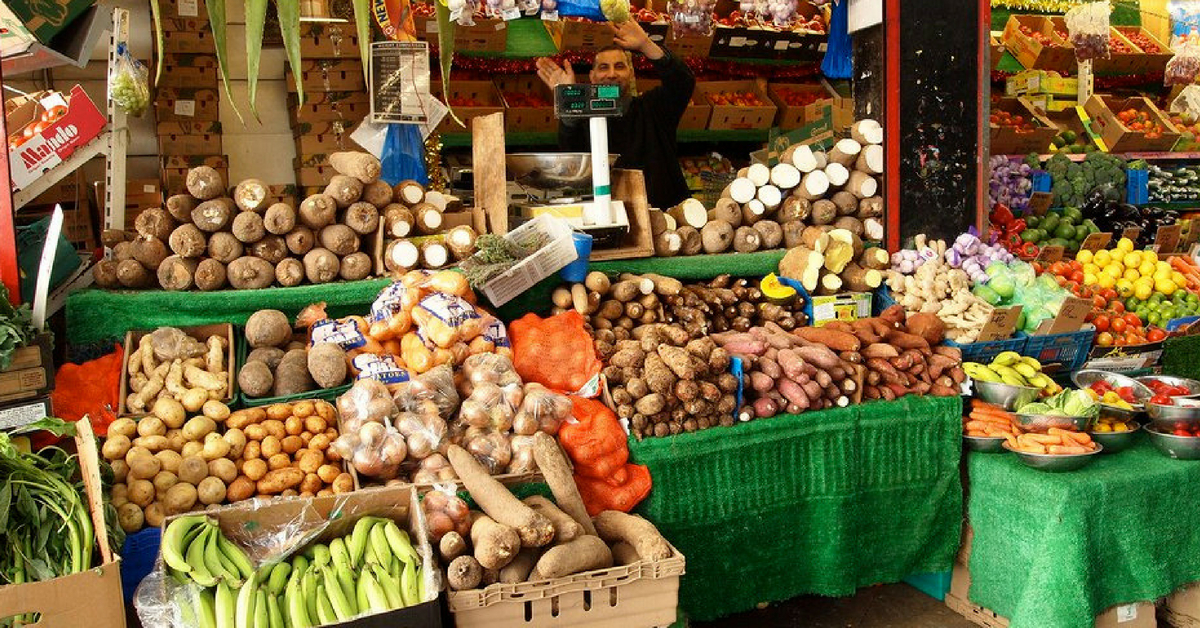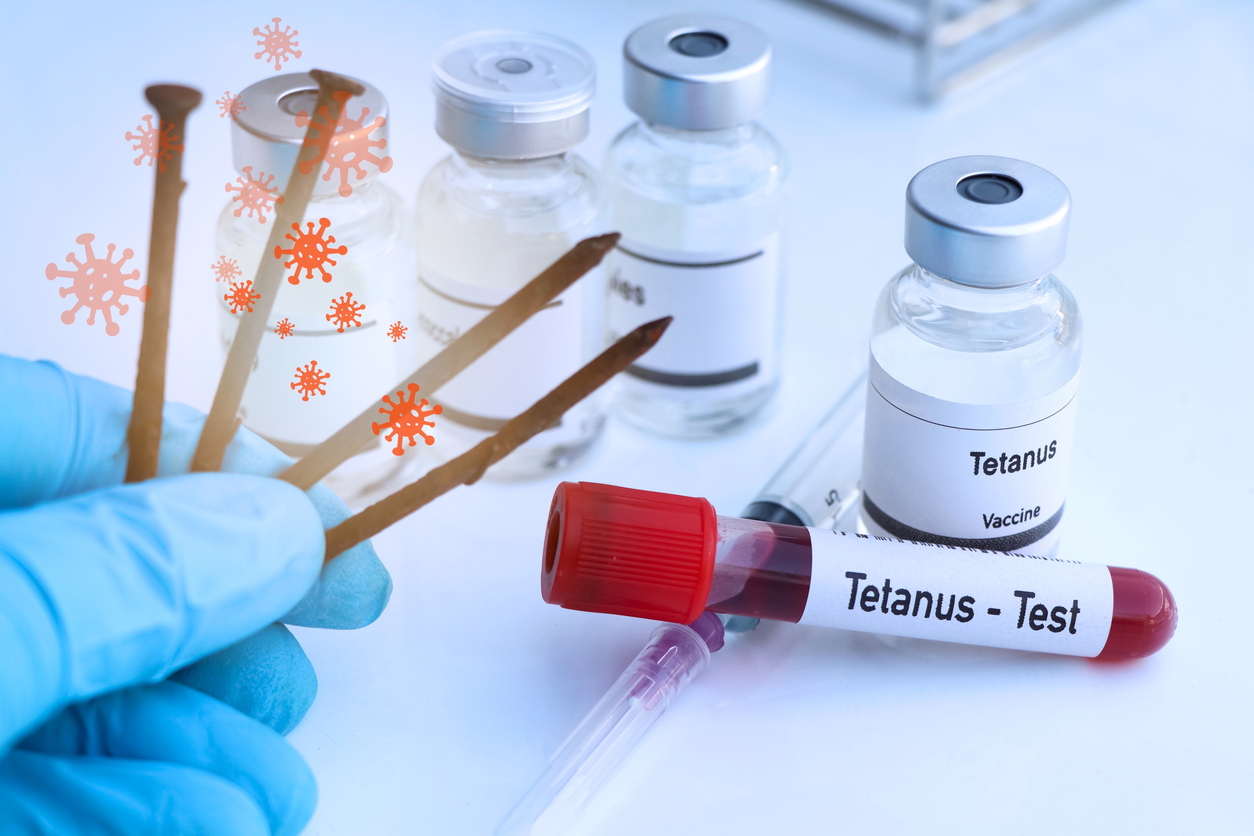Ensuring Food Security in Africa: Strategies for Sustainable Agriculture
Food security in Africa remains a critical issue, affecting millions of people across the continent. Ensuring access to sufficient, safe, and nutritious food is essential for economic development, health, and social stability. Understanding the factors that influence food security and implementing practical solutions is vital for governments, businesses, and communities alike.
What Is Food Security in Africa?
Food security in Africa refers to the availability, accessibility, and affordability of food for all individuals at all times. It involves not only producing enough food but also ensuring that it reaches those who need it. Key pillars of food security include:
-
Availability: Adequate production and supply of food.
-
Access: Physical and economic ability to obtain food.
-
Utilization: Proper nutrition, storage, and preparation.
-
Stability: Consistent access over time despite economic, climatic, or political challenges.
Challenges Affecting Food Security in Africa
1. Climate Change and Environmental Factors
Droughts, floods, and unpredictable rainfall reduce crop yields and disrupt food supply. Many African farmers rely on rainfed agriculture, making them highly vulnerable to climate shocks.
2. Poor Agricultural Infrastructure
Limited access to modern farming tools, irrigation systems, and storage facilities hampers production and increases post-harvest losses.
3. Political and Economic Instability
Conflict, weak governance, and economic volatility affect food distribution networks and reduce affordability for vulnerable populations.
4. Population Growth
Rapid population growth increases demand for food, putting pressure on agricultural systems and resources.
5. Market Access Limitations
Small-scale farmers often struggle to reach markets due to poor transport networks and lack of information on pricing and demand.
Solutions to Improve Food Security in Africa
1. Investing in Agriculture
Providing farmers with access to quality seeds, fertilizers, and modern farming equipment increases productivity and resilience.
2. Strengthening Supply Chains
Efficient logistics, cold storage, and distribution networks ensure that food reaches markets and reduces post-harvest losses.
3. Promoting Sustainable Farming Practices
Techniques such as crop rotation, intercropping, and agroforestry improve soil fertility, diversify production, and increase sustainability.
4. Enhancing Policy and Governance
Government policies that support agriculture, subsidize inputs, and stabilize markets help improve food security.
5. Leveraging Technology
Digital platforms provide farmers with market information, weather forecasts, and access to financial services, improving decision-making and market reach.
How Wigmore Trading Supports Food Security in Africa
Wigmore Trading plays a key role in supporting agricultural development and food security across Africa. Our services include:
-
Market Access Solutions: Connecting farmers and agribusinesses to local and international markets.
-
Supply Chain Optimization: Ensuring efficient storage, transport, and delivery of agricultural products.
-
Training and Capacity Building: Providing farmers with knowledge on modern farming techniques and sustainable practices.
-
Sourcing and Distribution Support: Helping businesses source quality food products and maintain a consistent supply chain.
Food security in Africa is essential for sustainable development and economic growth. By combining practical solutions with expert guidance, businesses and communities can improve agricultural productivity, ensure consistent food supply, and enhance livelihoods. Wigmore Trading can help. Contact our team today to explore solutions for food security and agricultural development in Africa.








Comments are closed.